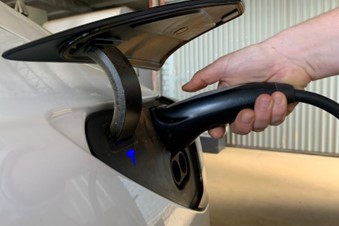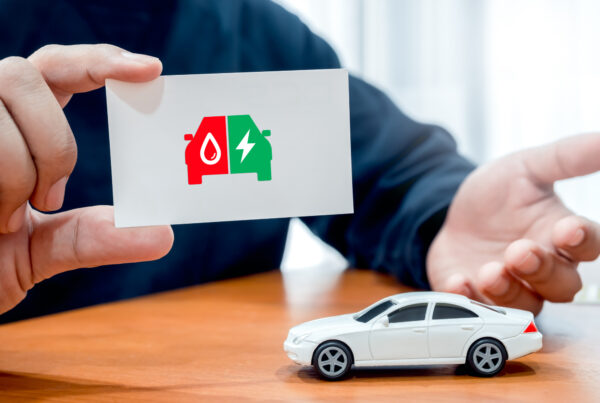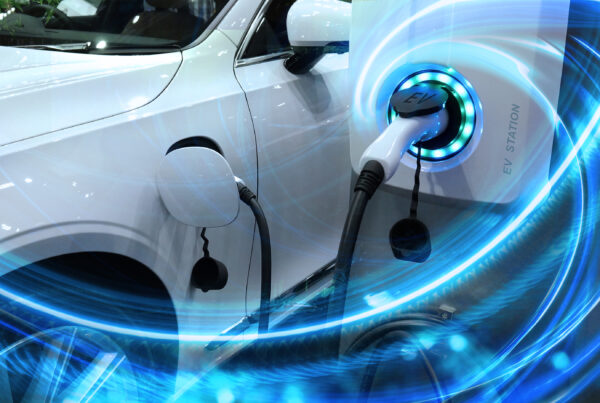Following Labor’s election win, the automotive industry is waiting to see if the prospect of an emissions cap on vehicles will be revived.
An emissions cap on car makers was initially proposed by former prime minister Malcolm Turnbull and was expected to save consumers $5.9 billion in fuel costs.
Australia has continued to lag in fuel efficiency standards, with more than 80 per cent of the global car market being subject to one.
This places Australia at a disadvantage in securing zero emission vehicles as carmakers prefer to send their limited supply to nations that reward car fleets that fall below an emissions cap or penalise those that exceed it.
“With record-high oil prices you can’t help but think it’s a bit crazy that we don’t have a mandate for more efficient vehicles to come here,” The Australia Institute’s climate and energy director, Richie Merzian said.
“Right now, the Albanese government is sticking closely to what they perceive as the mandate they have been given … [but] there have been some relatively positive signals from the Labor government that this is a policy they could pick up this term of government,”
“The car manufacturers are telling us that, ‘if you mandate robust fuel efficiency standards, we will bring over better vehicles, we will have more models available,’ Australians will ultimately save at the bowser and it won’t really cost that much more on the sticker price.”
The industry expects and supports a mandatory emissions target, but careful considerations must be made for the move to be a success.
“There’s lots of people out there saying Australia needs a CO2 standard, not least because we need it to fix our supply constraints, but that doesn’t fix the challenges for the government of doing this. This is a big change,” Australian Automobile Association chief executive Michael Bradley said.
“There is a really delicate balancing act to be done here by the government.”
Did you find this article helpful? Please give it a like by clicking the heart button above.


















